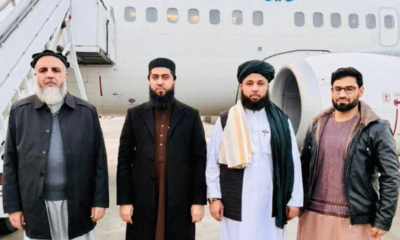Latest News
Collapse of former govt, military rooted in US deal with IEA: CENTCOM chief
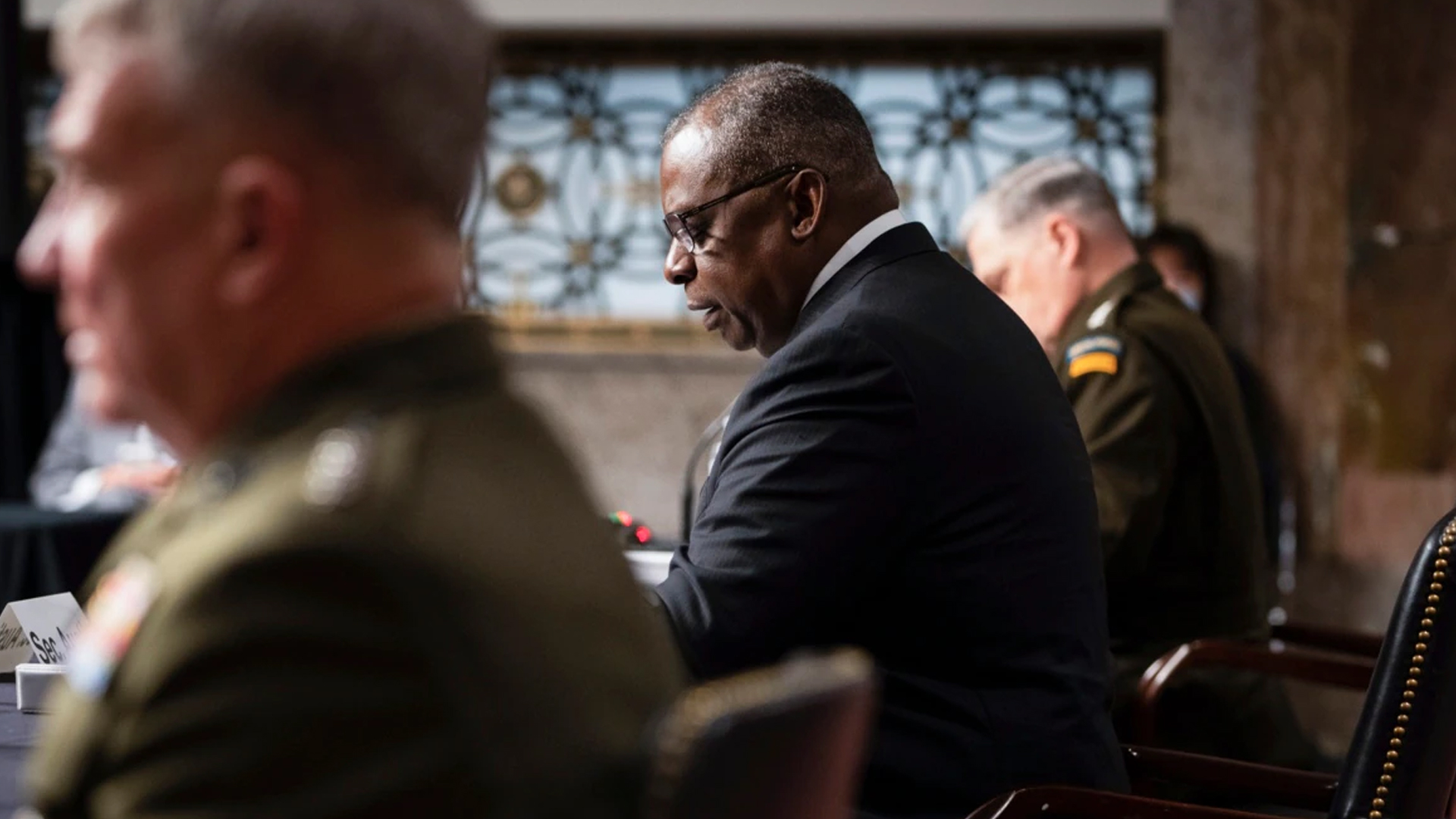
Senior Pentagon officials said Wednesday the collapse of the Afghan government and its security forces in August could be traced to a 2020 U.S. agreement with the Islamic Emirate of Afghanistan (IEA) that promised a complete U.S. troop withdrawal.
General Frank McKenzie, the head of the U.S. Central Command, told the House Armed Services Committee that once the U.S. troop presence was pushed below 2,500 as part of President Joe Biden’s decision in April to complete a total withdrawal by September, the unraveling of the U.S.-backed Afghan government accelerated.
“The signing of the Doha agreement had a really pernicious effect on the government of Afghanistan and on its military — psychological more than anything else, but we set a date-certain for when we were going to leave and when they could expect all assistance to end,” McKenzie said.
McKenzie said he also had believed “for quite a while” that if the United States reduced the number of its military advisers in Afghanistan below 2,500, the Kabul government inevitably would collapse “and that the military would follow.”
He said in addition to the morale-depleting effects of the Doha agreement, the troop reduction ordered by Biden in April was ”the other nail in the coffin” for the 20-year war effort because it blinded the U.S. military to conditions inside the Afghan army, “because our advisers were no longer down there with those units.”
Defense Secretary Lloyd Austin, testifying alongside McKenzie, said he agreed with McKenzie’s analysis. He added that the Doha agreement also committed the United States to ending airstrikes against the IEA, “so the Taliban (IEA) got stronger, they increased their offensive operations against the Afghan security forces, and the Afghans were losing a lot of people on a weekly basis.”
Wednesday’s hearing was politically charged, with Republicans seeking to cast Biden as wrongheaded on Afghanistan, and Democrats pointing to what they called ill-advised decisions during the Trump years.
General Mark Milley, chairman of the Joint Chiefs of Staff, had said a day earlier in a similar hearing in the Senate that the war in Afghanistan was a “strategic failure,” and he repeated that on Wednesday.
Defying U.S. intelligence assessments, the Afghan government and its U.S.-trained army collapsed in mid-August, allowing the IEA, which had ruled the country from 1996 to 2001, to capture Kabul with what Milley described as a couple of hundred men on motorcycles, without a shot being fired.
This week’s House and Senate hearings marked the start of what is likely to be an extended congressional review of the U.S. failures in Afghanistan, after years of limited congressional oversight of the war and the hundreds of billions of taxpayer dollars it consumed.
“The Republicans’ sudden interest in Afghanistan is plain old politics,” said Senator Elizabeth Warren, a Massachusetts Democrat, who supported Biden’s decision to end U.S. involvement in Afghanistan.
Tuesday’s hearing also was contentious at times, as Republicans sought to portray Biden as having ignored advice from military officers and mischaracterized the military options he was presented last spring and summer.
Milley said Tuesday that lessons need to be learned, including whether the U.S. military made the Afghans overly dependent on American technology in a mistaken effort to make the Afghan army look like the American military.
Milley cited “a very real possibility” that al-Qaida or the Islamic State (ISIS) group’s Afghanistan affiliate, Daesh, could reconstitute in Afghanistan and present a terrorist threat to the United States in the next 12 to 36 months, AP reported.
The hearings come after US special envoy for Afghanistan Zalmay Khalilzad said last weekend that former president Ashraf Ghani’s decision to leave Afghanistan without warning took everyone, including Washington, by surprise.
In an exclusive interview with Ariana News, Khalilzad said that the night before his departure, the US Secretary of State Antony Blinken had spoken to Ghani on the phone.
He said Ghani had not given any signal as to his intentions.
“Everyone including the US were shocked when this happened,” he said.
However, he implied that had Ghani stepped down as president in the lead up to the IEA’s takeover, things could have been very different.
Latest News
Traffic accident in Badakhshan leaves 12 dead, 3 injured
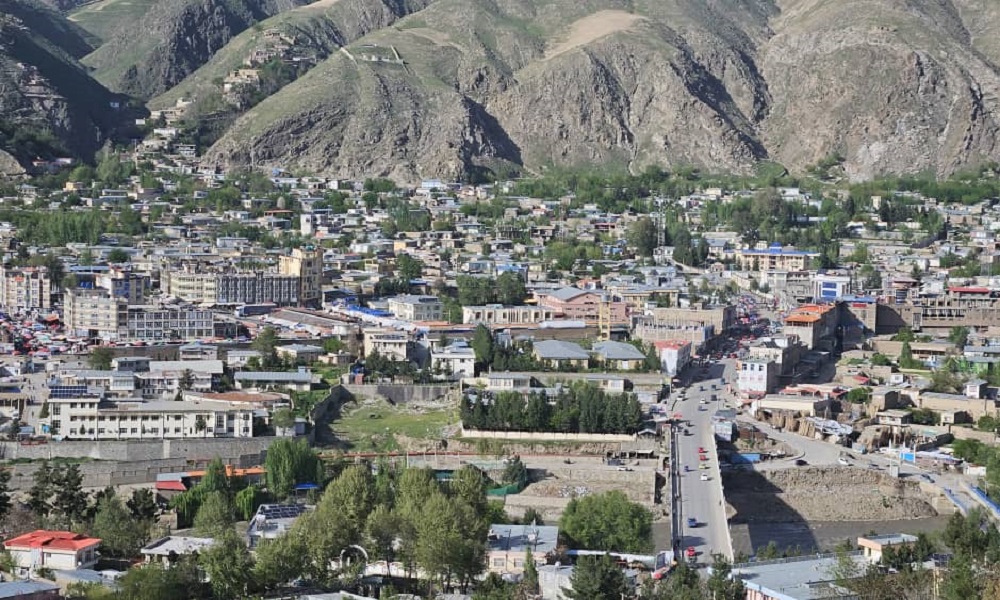
Ehsanullah Kamgar, spokesperson for the Badakhshan Provincial Police Command, said that 12 people were killed and three others were seriously injured in a traffic accident in Arghanjkhwah district of the province.
Kamgar added that the incident occurred at noon on Saturday in the Samdar area of Arghanjkhwah district.
According to him, the victims include men, women and children.
He explained that the incident happened when a Flancoach -type vehicle veered off the road due to poor road conditions and plunged into a ravine.
The injured were transferred to health centers for treatment, and the condition of some of them has been reported as critical.
Latest News
Afghanistan to grant one- to ten-year residency to foreign investors
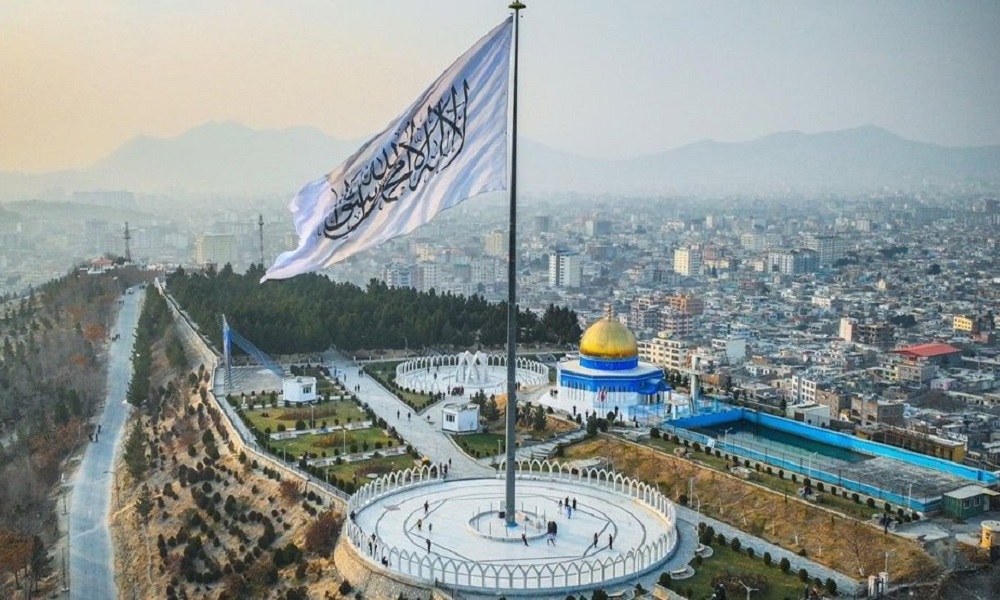
The Islamic Emirate of Afghanistan has approved a plan to grant foreign investors residency permits ranging from one to ten years in exchange for investment in the country.
The decision was endorsed during a regular meeting of the Economic Commission, chaired by Deputy Prime Minister for Economic Affairs Mullah Abdul Ghani Baradar.
According to a statement from the deputy PM’s office, a designated committee has been tasked with determining the length of residency based on the volume of investment, which will be categorized under specific criteria.
Latest News
Traffic police receive new cars

The Ministry of Interior has announced the delivery of several new, modern cars to the General Directorate of Traffic Police, replacing the older fleet that consisted mostly of trucks.
According to a ministry statement, the new vehicles, equipped with special traffic police colors, markings, and modern equipment, are expected to play a key role in maintaining traffic order in cities and on main roads, preventing accidents, and providing faster services to the public.
-

 Sport4 days ago
Sport4 days agoJapan trumps Afghanistan 6-0 in AFC Futsal Asian Cup quarter-final
-

 Sport3 days ago
Sport3 days agoHosts and heavyweights advance as AFC Futsal Asian Cup reaches semifinals
-

 Latest News2 days ago
Latest News2 days agoTerrorist threat in Afghanistan must be taken seriously, China tells UNSC
-

 Latest News3 days ago
Latest News3 days agoUzbekistan, Pakistan advance Trans-Afghan railway project
-

 Business4 days ago
Business4 days agoAfghanistan seeks expanded ties with Russia in energy, mining and infrastructure
-

 Sport3 days ago
Sport3 days agoWinter Olympics finally underway, ATN to broadcast exclusively across Afghanistan
-

 Sport3 days ago
Sport3 days agoAfghanistan beat West Indies in final T20 WC warm-up match
-
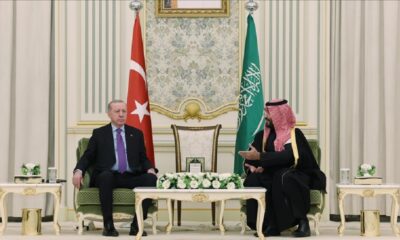
 Regional4 days ago
Regional4 days agoTurkish President Erdogan meets Saudi Crown Prince in Riyadh












